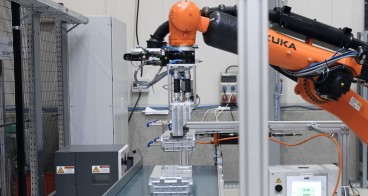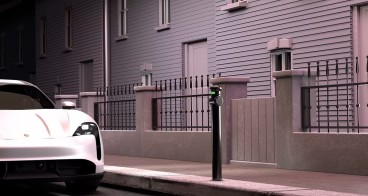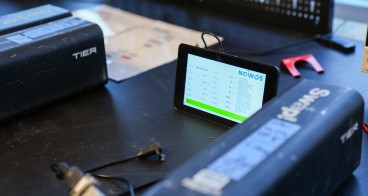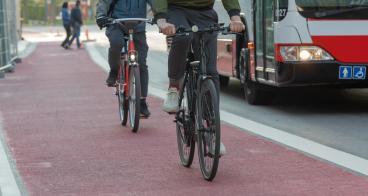Bolivia: Consultancy and training activities within the renewable energy program (incl. development of electric mobility)
Background
This assignment contributes to PEERR"s overall objective to improve the conditions for expanding grid-connected renewable energies (RE) and increased energy efficiency (EE). The contractor should build on previous measures, use experience, and create synergies with other development cooperation (DC) efforts. The contractor is responsible for achieving the expected results of Outputs 3, 4 and 5 of the PEERR.
Output 3 - Energy efficiency
The objective is to create the institutional and technical bases that will contribute to adopting concrete actions to promote and implement EE in the country. Technical assistance will be provided to the Vice-Ministry of Electricity and Alternative Energies (VMEEA) and will focus on promoting and developing EE. The knowledge acquired by the professionals will be transferred to the different levels of the institutional structure through courses, workshops, training and work tools. The contractor provides technical assistance to the VMEEA and other relevant actors in developing studies of national scope and impact-focused on qualitative changes in specifically agreed sectors.
Key activities for Output 3
- Organisational advice to the VMEEA on implementing the national EE strategy (e.g. organisational structure, staff development, operational planning, processes and workflows).
- Advice to the VMEEA on implementing the EE programme in public buildings (e.g., quality assurance of energy audits, monitoring and evaluation system, analysis of funding possibilities).
- Analysis of EE potential in 2 priority sectors with recommendations on efficiency improvement measures, prioritisation and support, and financing mechanisms
- Analysis and feasibility studies (technical-economic) of incorporating EE measures.
- Advice and support for implementing 2 EE measures in public institutions.
Output 4 - Training of professionals in RE and EE
Because RE and EE are emerging topics in the local context, there is a considerable limitation in the number of specialised local staff. The objective is to improve the supply of training and technical education. To this end, specialised installers will be trained to promote decentralised generation focusing on the needs of the current regulation (D.S. 4477) in coordination with the VMEEA and local vocational-technical training centres.
Key activities for Output 4
- Advise educational institutions (e.g. universities, technical schools) on adapting the different training programmes to the needs of the RE/EE sector and the Bolivian labour market, considering gender aspects.
- Advise educational institutions (e.g. universities, technical schools) in designing and implementing practice-oriented training for installation technicians in the RE sector.
- Develop a curriculum for solar PV installers in 4 technical training institutions.
- Design 3 pilot practice-oriented training centres for installation technicians in the RE sector.
- Acquire the equipment designed for the 3 pilot training centres and install it to implement the training courses. Technical accompaniment and piloting 4 training centres for installation technicians in the RE sector.
Output 5 - Electric mobility
The objective is to contribute to introducing electric mobility in Bolivia to promote cleaner and more efficient technologies, mitigate hydrocarbon subsidies, increase efficient domestic electricity consumption, electrify public transport and reduce air pollution. The national electricity sector has an oversupply of almost 100%, so the interconnected national system needs policies to promote domestic consumption and justify investments. In this sense, electric mobility is a means to increase domestic electricity consumption efficiently. At the same time, it can reduce fossil fuel consumption with its associated benefits.
Key activities for Output 5
- Organise a regional delegation trip with the participation of 8 key actors to broaden knowledge and integrate best practices in developing strategies for electric mobility.
- Advise VMEEA and other institutions on technical procedures that promote electric mobility.
- Diagnose the needs of key actors to strengthen their technical, economic and financial knowledge to promote and develop electric mobility and identify at least 5 institutions to be part of this training.
- Technical advice to VMEEA and other relevant national institutions in technical committees to promote electric mobility.
- Strengthen technical, economic and financial knowledge to promote and develop electric mobility for identified professionals through training.
- Advice in elaborating and formulating project proposals to promote electric mobility.
Published on 26 August 2022. Note: This opportunity refers to contract notice "2022/S 162-461409" on TED. The procurement documents are available in English and Spanish.






